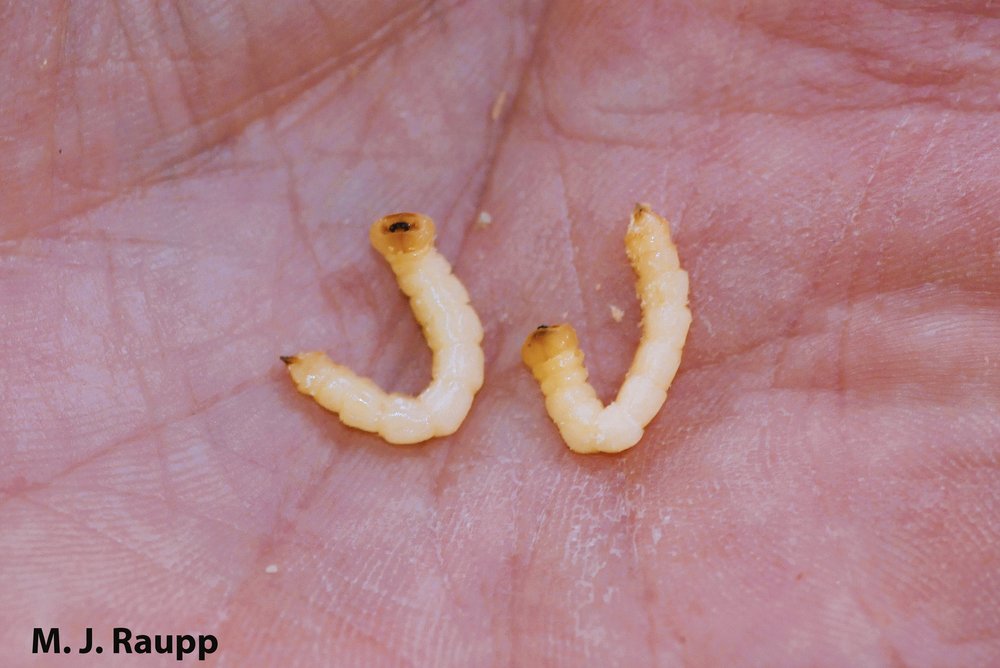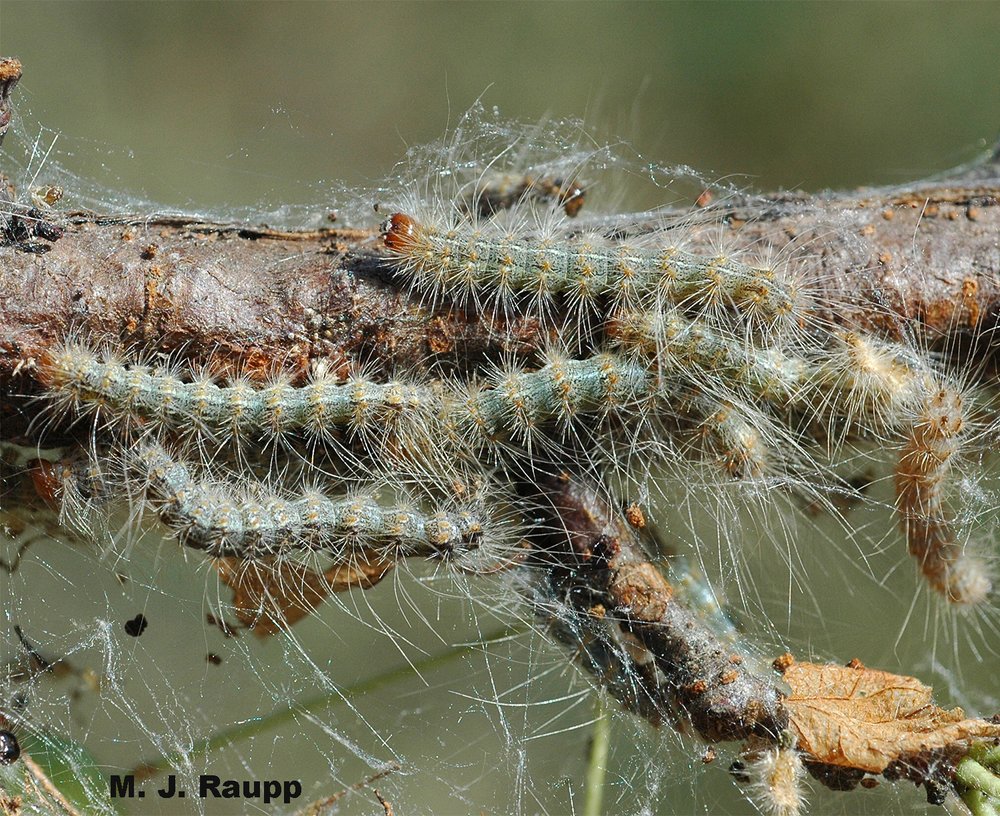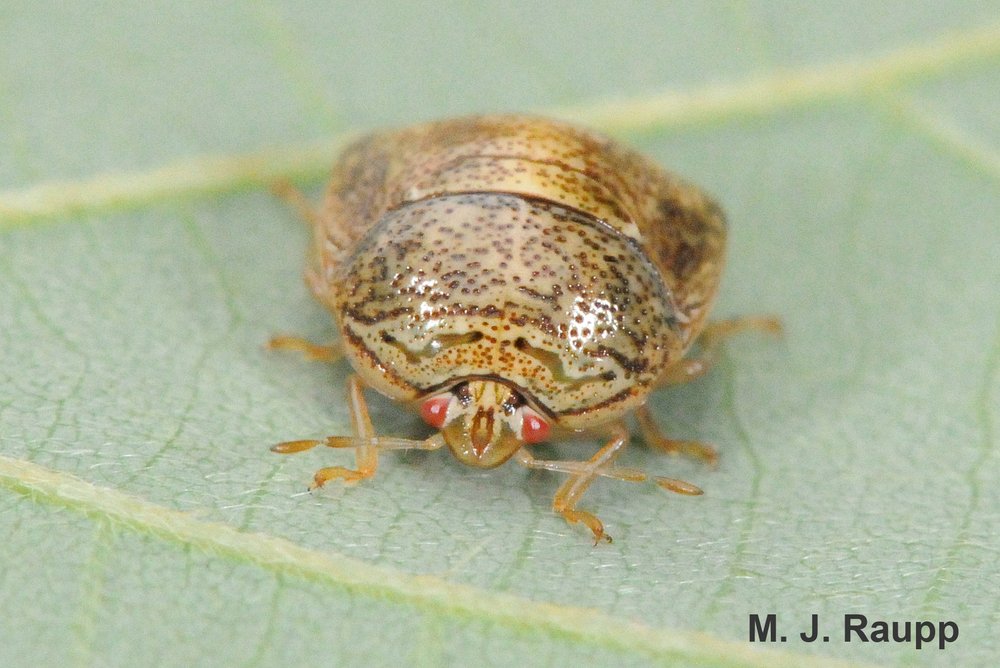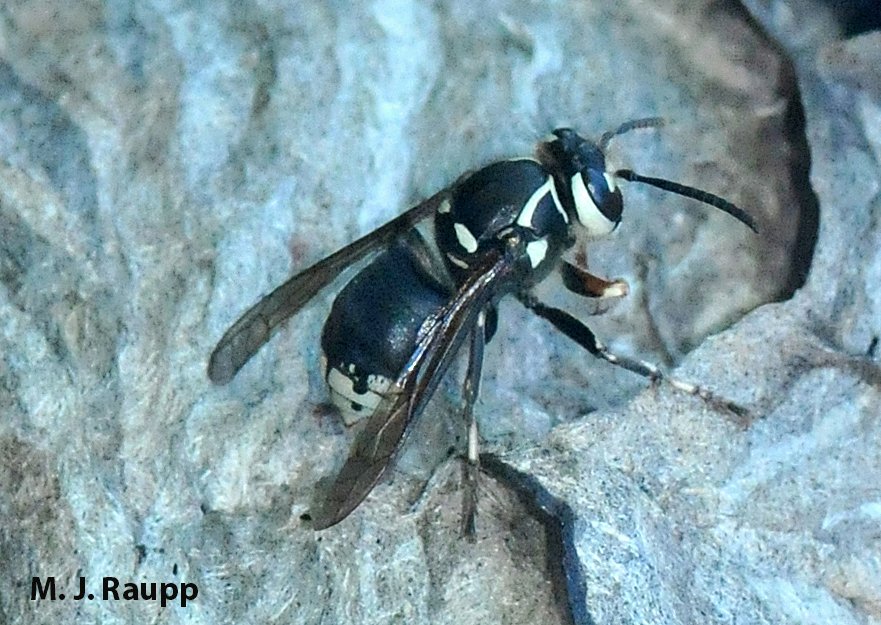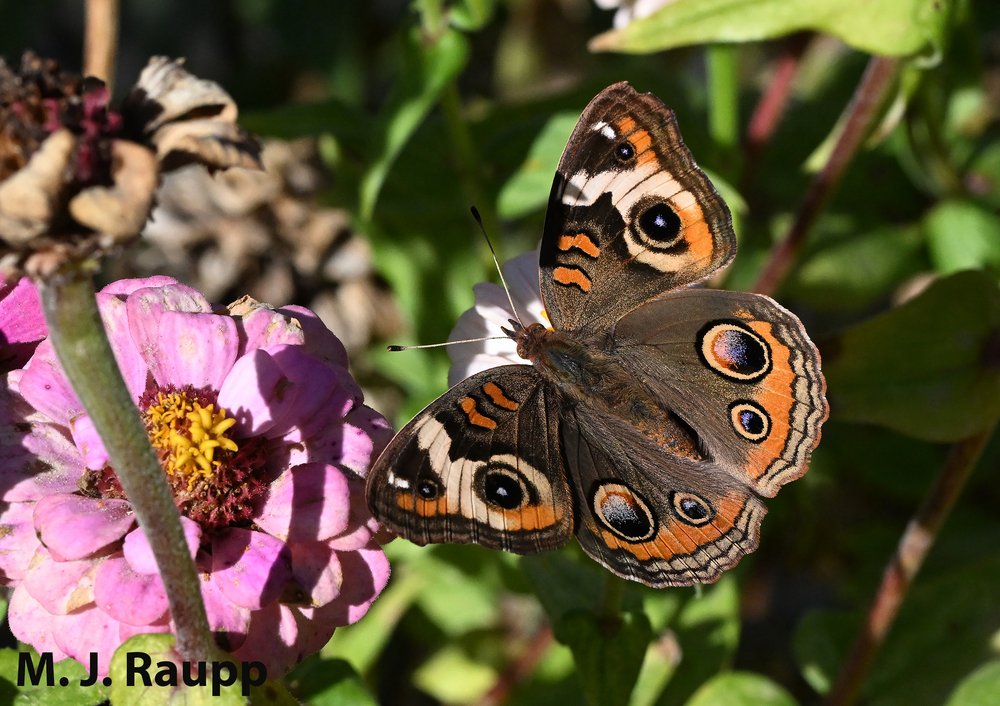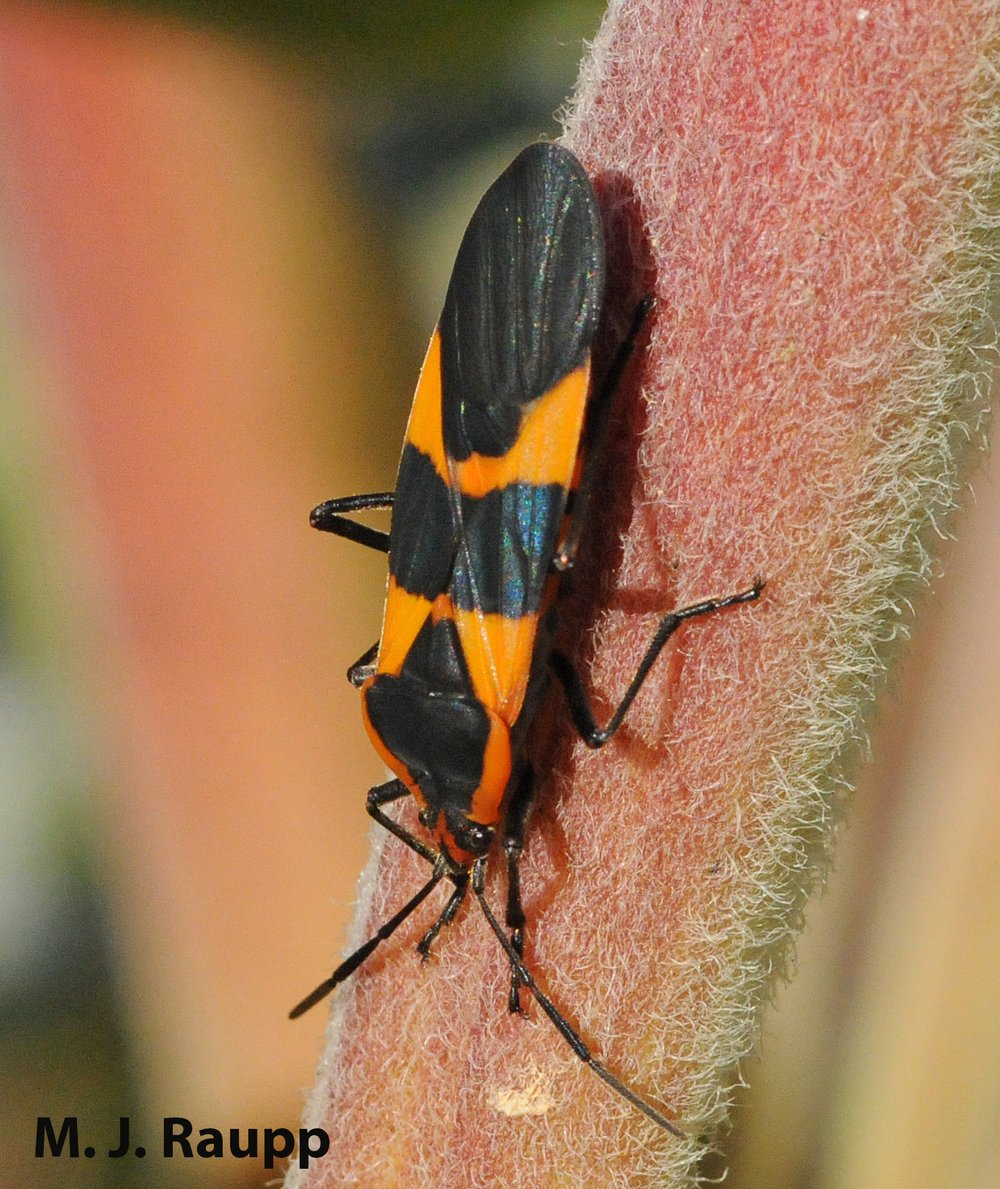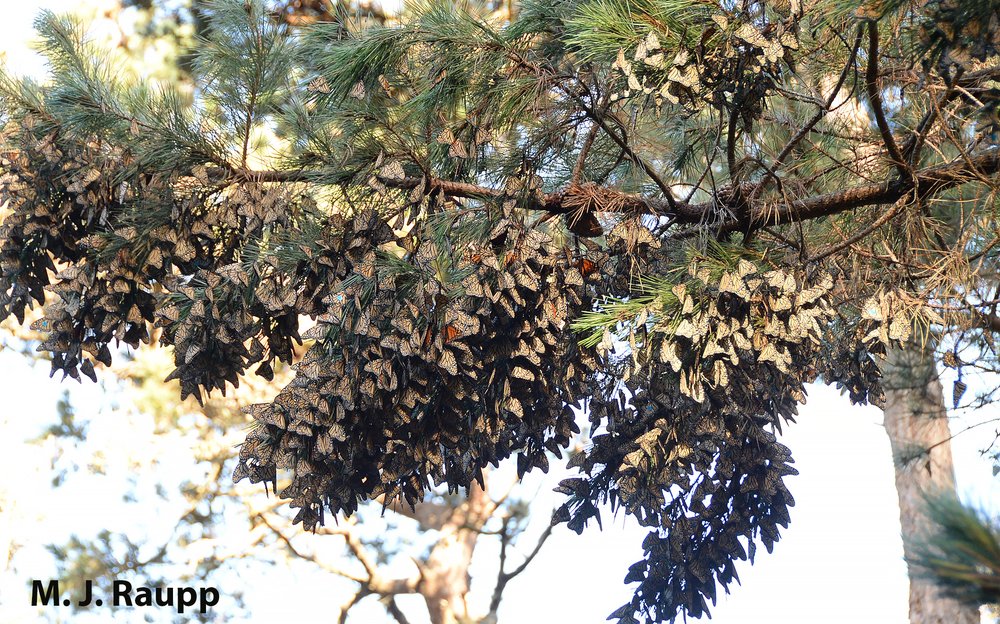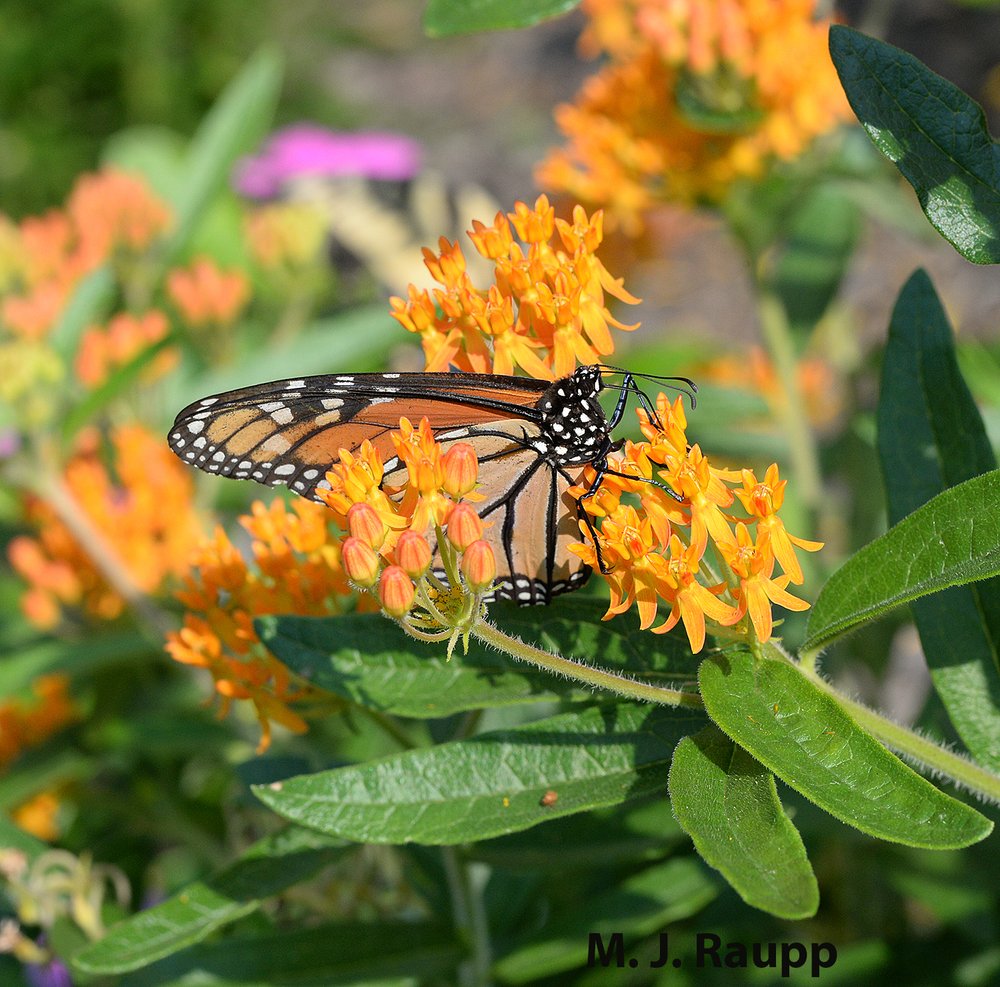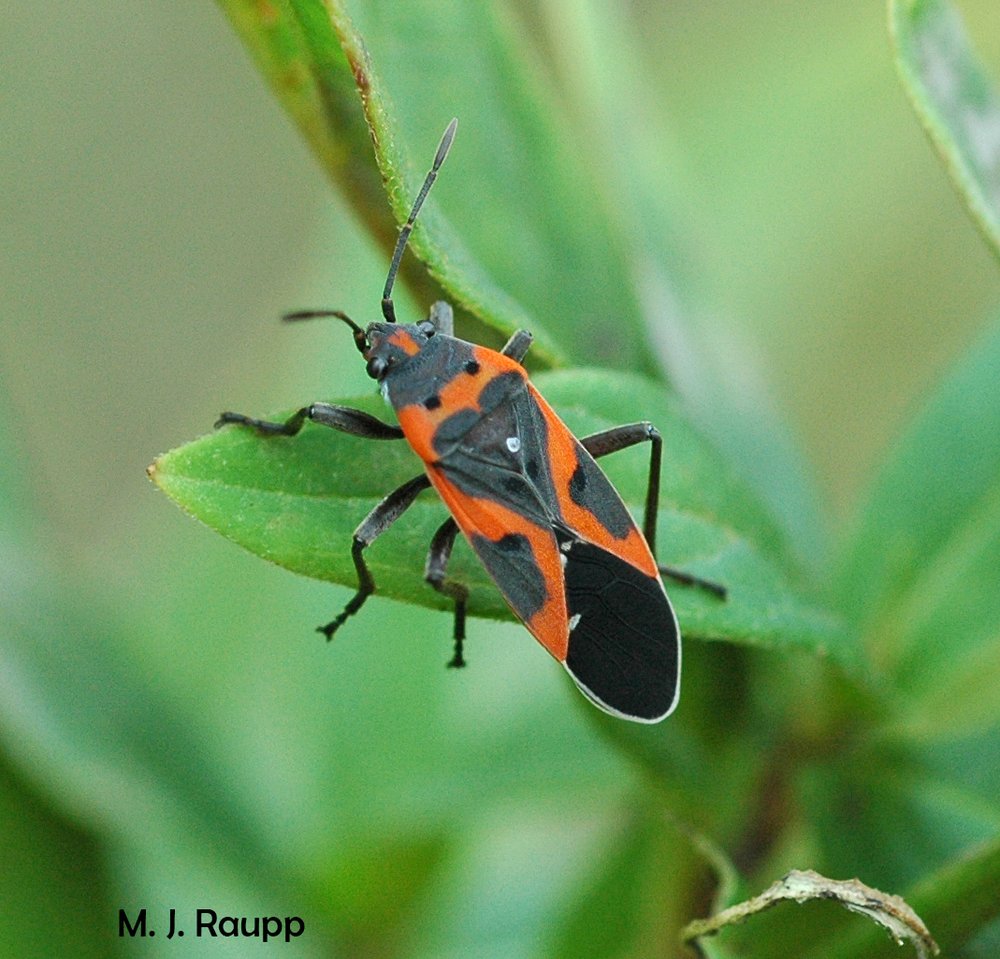What Does a House Mouse Look Like? A Guide to Identifying These Common Pests
The house mouse may be a tiny mammal, but it sure can create some big problems. By many accounts, house mice are among the most common mammals in the United States. Some scientists even refer to them as the “second most successful mammal” on the planet due to their adaptability to a broad variety of habitats.
Given their population size and ability to live just about anywhere, it’s no wonder these small critters account for approximately 68% of rodent service calls. If you are among the millions of Americans with a mouse problem, you’re certainly not alone. Learn more about the house mouse’s appearance, how to identify them, and what to do for long-term control.
Why Identifying House Mice Is Important
Every infestation is unique and requires a tailored approach for effective removal. Different species exhibit different nesting behaviors and pose varying disease risks. In short, identifying house mice is critical to ensure that removal and treatment plans are successful.
The Impact of House Mouse Infestations on Homes
House mice pose several threats once they invade human spaces. First, they can damage furniture, appliances, insulation, and structural elements within the home. Like all rodents, they constantly gnaw on materials, which could include siding, baseboards, support beams, and even wiring.
Second, house mice can contaminate a home with any number of rodent-borne diseases, including:
- Hantavirus, which can cause fever, muscle aches, and fatigue. It can also develop into a serious form of illness, which includes respiratory difficulties and low blood pressure.
- Rat bite fever, which is caused by bacteria spread by handling house mice or consuming food and beverages they contaminate.
- Salmonella, a bacterial infection that can cause digestive problems that may be severe in some people.
- Lymphocytic choriomeningitis, an infectious viral illness that house mice can transmit, causing flu-like symptoms that can progress to more severe neurological symptoms like motor dysfunction, stiff neck, and sensory issues.

Physical Characteristics of House Mice
What does a house mouse look like? Let’s explore this rodent’s typical physical characteristics so you know what to look for in case of a house mouse infestation in your home.
Size and Body Shape
House mice are small, with tails that can sometimes be as long as the rest of their bodies. Their rounded bodies average 2.5 inches to 3.75 inches in length, with nearly hairless tails that can be anywhere from 2.75 inches to four inches long.
Color and Fur Texture
House mice have short, relatively smooth fur. They are often a dusty gray color with cream-colored bellies. However, their coloring can vary from black to light brown.
Distinguishing Features
House mice have short hind feet, pointed muzzles, and large, nearly hairless ears. The small, slender mice also have scale rings on their tails and slightly protruding black eyes.
House Mouse vs. Field Mouse: Key Differences
At a glance, house mice and field mice can look similar. However, when you understand the differences in their appearance and behavior, it’s easier to tell them apart.
Physical Appearance Differences
Like house mice, deer mice have rounded bodies. However, they are slightly larger, typically ranging from five inches to eight inches in length. Field mice typically have tan or brown fur with two-toned tails that are darker on top and white feet, legs, and bellies.
Habitat and Behavior
House mice are perfectly comfortable living just about anywhere, including urban and residential areas. Both may enter homes and other buildings year-round, particularly as they search out places to go for the winter. House mice are highly adaptable and thrive in human environments, often living entirely indoors in cities where they survive on crumbs and accessible food sources. Unlike other mouse species, house mice are more neophobic, meaning they are cautious of new objects like traps, making them harder to catch and control. This behavior highlights the importance of professional pest control methods tailored to outsmart these elusive rodents.
Field mice, on the other hand, typically stick to open areas, like parks, fields, and forests. One of the primary behavioral differences is the field mouse’s habit of stockpiling food in and near their nests.
Signs of a House Mouse Infestation
House mice are typically most active at night, usually feeding around dusk and dawn. They are sneaky little creatures that tend to be more active when humans are asleep, so you may not see them in action or spot a live mouse. Instead, you will likely find other indicators that send up a red flag.
Common Indicators to Look For
- Droppings, usually dark colored with pointy ends and about the size of a grain of rice (1/8 to 1/4 inch long)
- Damaged items in pantries, on counters, and in other areas
- Tracks and rub marks, which mice can leave as they travel along walls and walkways in search of food
- Gnaw marks on food packages, walls, and other items
- Burrows, including into insulation
- Odors, which increase in intensity as the infestation grows
Inspecting Your Home for Mice
Performing a thorough home inspection can help you discover where mice are nesting. It can also help you identify where and how they are getting inside. Some places to focus on as you look for mice and any openings they are using (as small as the width of a dime) include:
- Inside, behind, and under kitchen and bathroom cabinets and appliances
- Around vents and utility lines, which may have gaps just large enough for a house mouse to squeeze through
- Around fireplaces, closet floors, and doors
What to Do If You Suspect a Mouse Infestation
If you think you have a mouse problem, swift action is critical. These rodents are known to breed quickly, and infestations can rapidly grow larger when left unchecked.
DIY Prevention and Control Methods
Although you can try traps and bait stations, prevention really is the best cure. DIY control methods often fail to eliminate the problem because you never really get to the root of it. However, preventative steps can provide effective long-term control. Some actions to consider include:
- Storing all food, including pet food and bird seed, in airtight, lidded containers
- Reducing clutter to eliminate potential hiding and nesting spots
- Regularly cleaning all eating areas, wiping up spills, and washing dishes immediately after eating
- Vacuuming or sweeping floors frequently to reduce crumbs
When to Call Professional Pest Control
If you think you have house mice in your home, don’t delay. Contacting a professional pest control company quickly can ensure that the mice are evicted swiftly and permanently. Pros have the training and equipment to not only identify house mice and other pests, but also to safely deal with them. That means you and your family will be safer, the chances of diseases spreading will be reduced, and you can enjoy peace of mind.
Contact Catseye Pest Control for Mouse Control
Catseye has decades of expertise in rodent removal. Our licensed technicians will perform a thorough inspection to determine exactly what is going on. Not only will we get rid of the mice, but we will also work with you to make sure they don’t come back. From removal and treatment to disinfection and repairing damages, we are here to help. Contact Catseye today to learn more or to schedule a free inspection.
The post What Does a House Mouse Look Like? A Guide to Identifying These Common Pests appeared first on Catseye Pest Control.
This article appeared first on Catseye Pest
